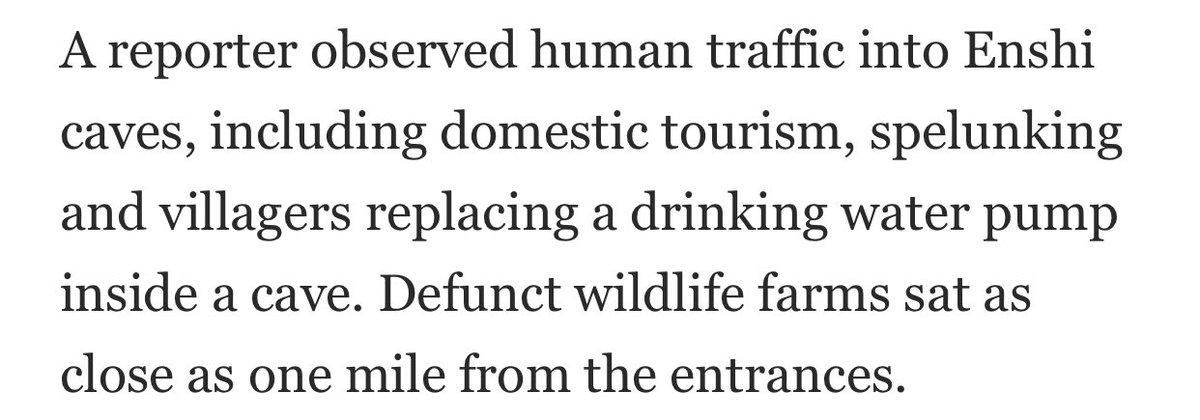
I think sometimes about the different way we handle public health and electrical codes. When I bought a house and started futzing with it, I learned how fiddly electrical codes can be. And I that every rule basically comes from investigation of a fire.
https://twitter.com/dandrezner/status/1448257951794442241
Not from investigation of some trend in fires, but one fire caused by a wire that wasn’t stapled in enough places, or that got out of control because holes through beams weren’t filled with the right kind of foam. A million rules, each a product of perhaps one investigation.
The goal of the people writing building codes is to have zero fires. And zero fatalities from fires (hence rules about how large windows have to be). Sorry your AFCI breakers are more expensive, but they keep you from dying.
We can’t prevent everyone from getting sick. We can’t keep everyone from getting hurt. But we *can* decide that flu pandemics are bad and we want to be done with them. We got surprisingly close to that last year, and routine masking this year will hopefully do the same.
This is more true with syphilis, polio, measles, etc. We could put money on the table and make rules and systems that eradicate these disease forever, globally. (Flu has animal hosts so that’s probably impossible to eradicate.)
But no, “eh, go to school/work/the store if you have the flu” is not good or responsible advice. If you have a cough or fever, stay home. Sniffly nose? Harder call, but now you have masks. Constant sneezing? Stay the fuck home.
We won’t eliminate sickness and there are good arguments that we shouldn’t want to eliminate every interaction with germs. But we also can be decent to those around us and not make them sick if we can avoid it.
• • •
Missing some Tweet in this thread? You can try to
force a refresh

















